True but the caps are tethered now, so in any country with a deposit system they will most likely be returned.
The complaint of the person above me was that instead of throwing the cap in the sea, people now supposedly throw the entire bottle in the sea. (When I write it out like this, that sounds like complete nonsense … Those same people previously might have thrown away the entire bottle too).

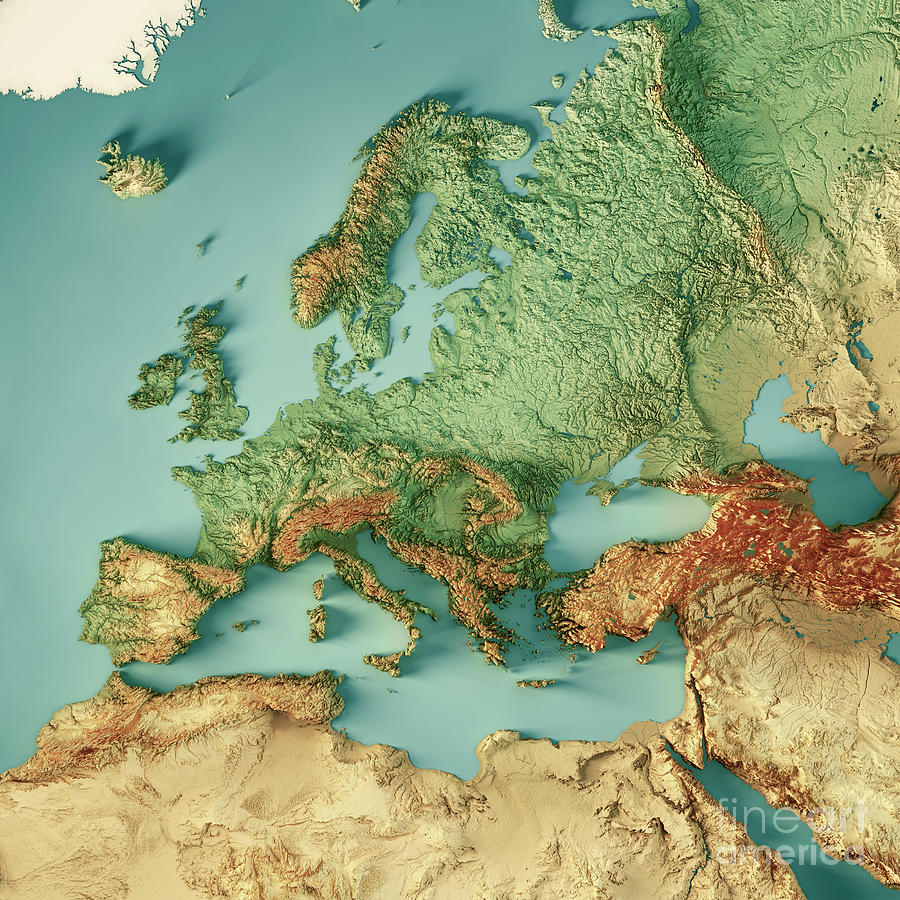





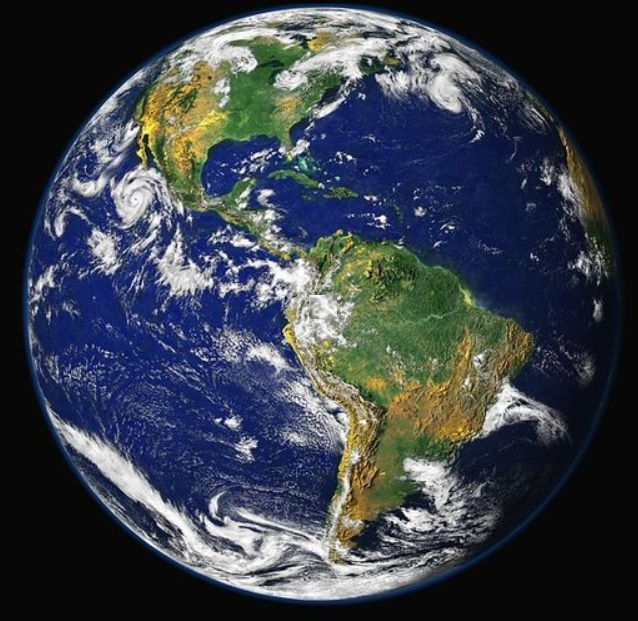












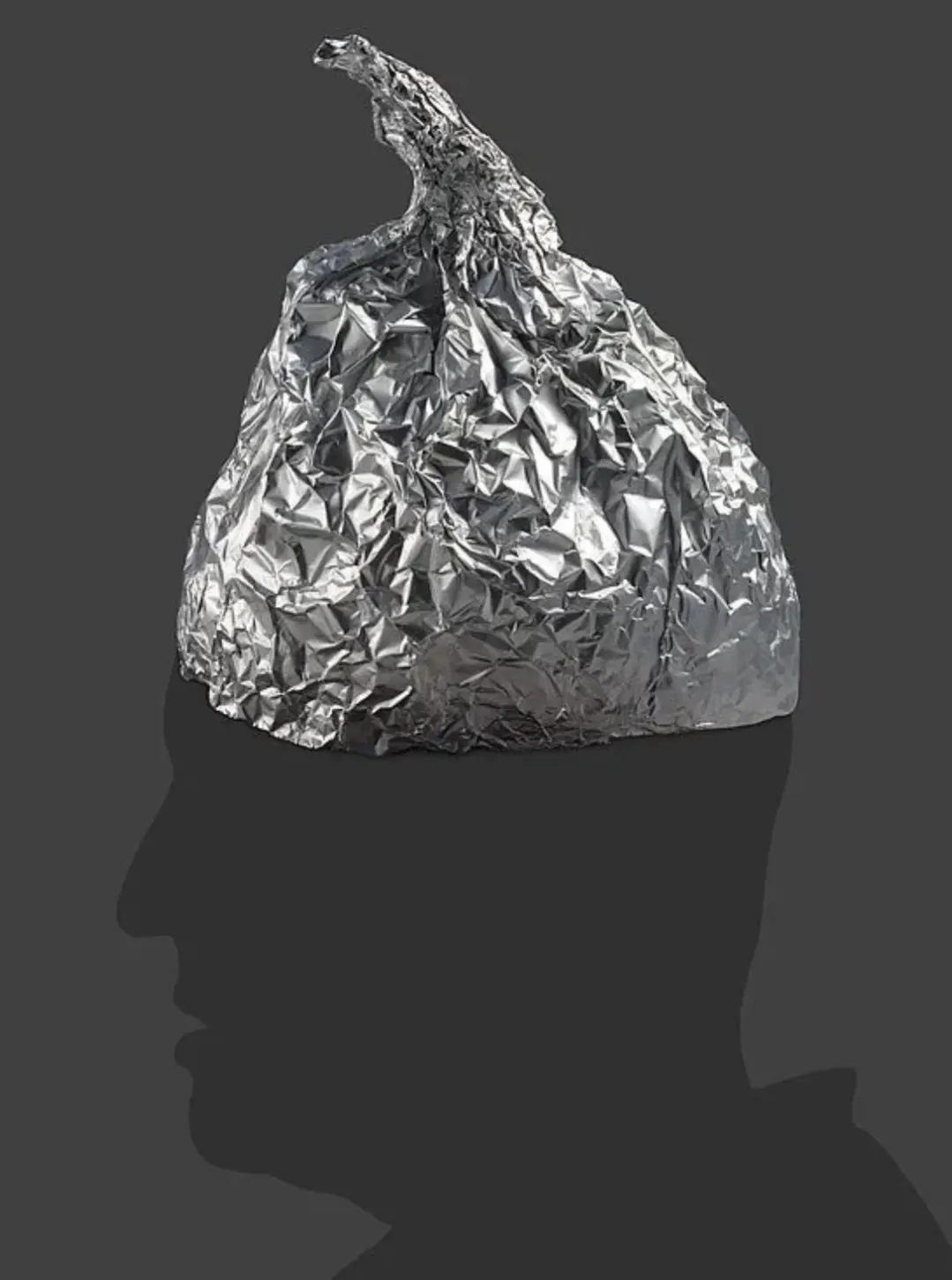

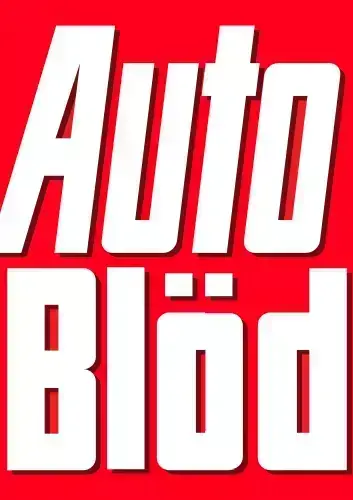






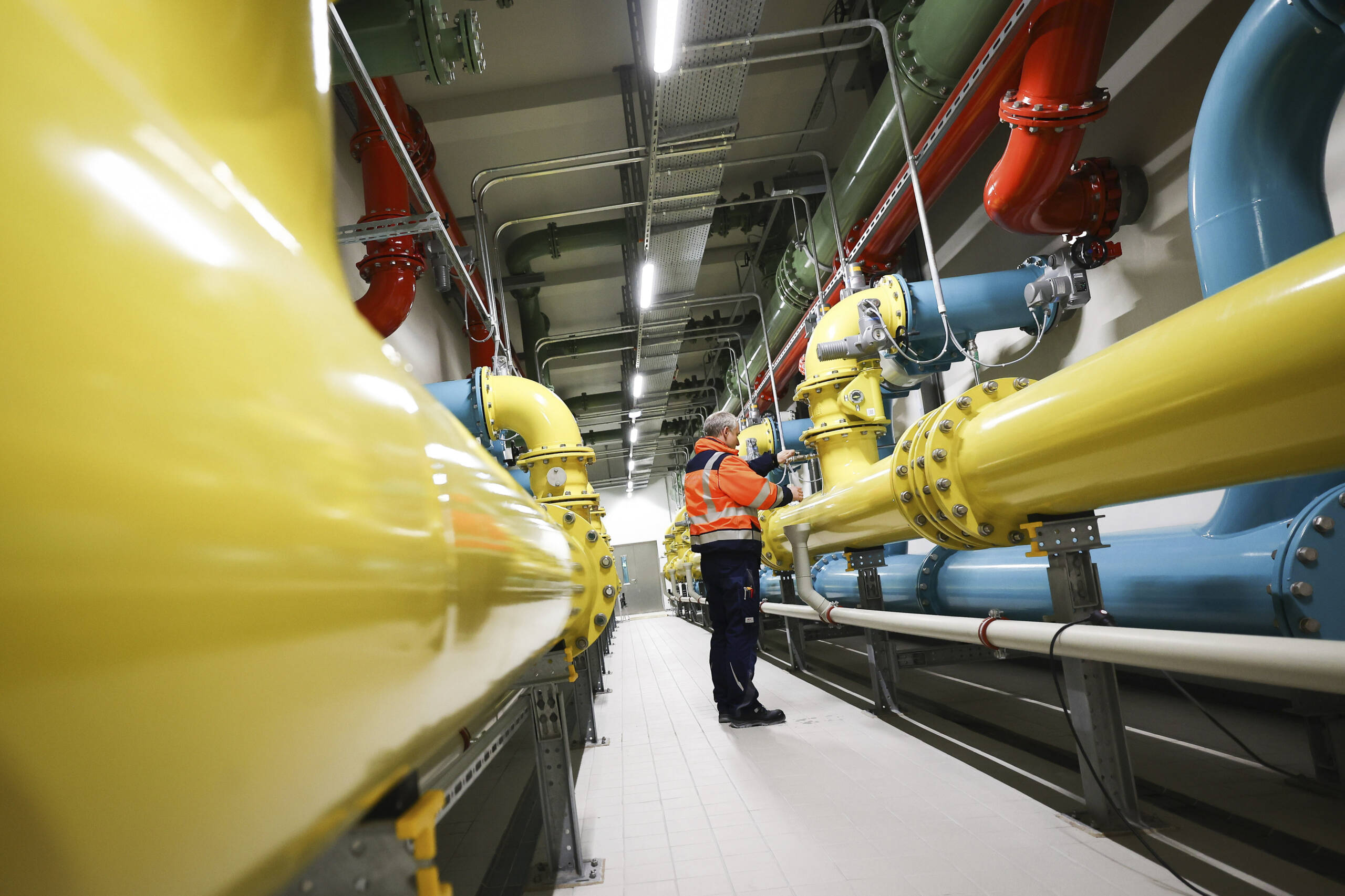



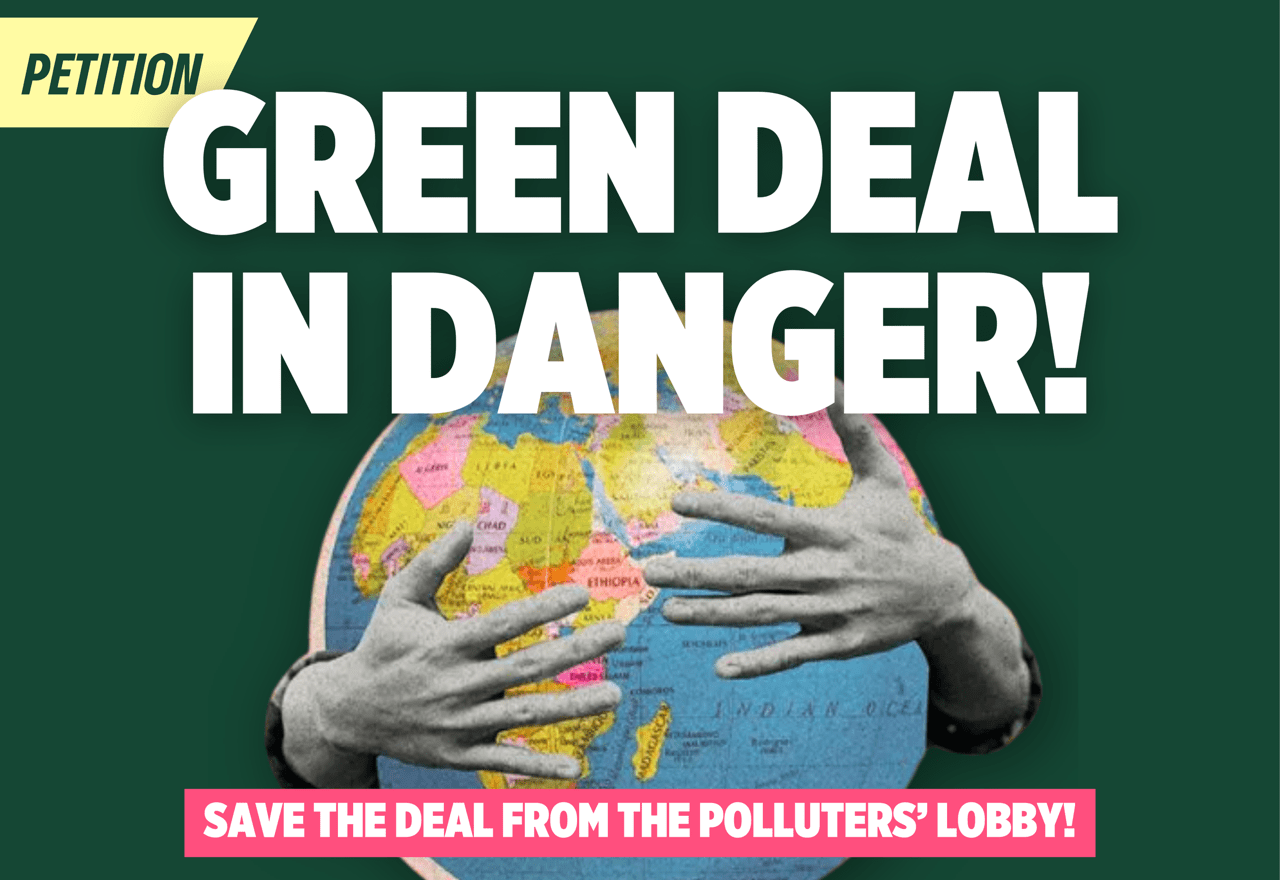

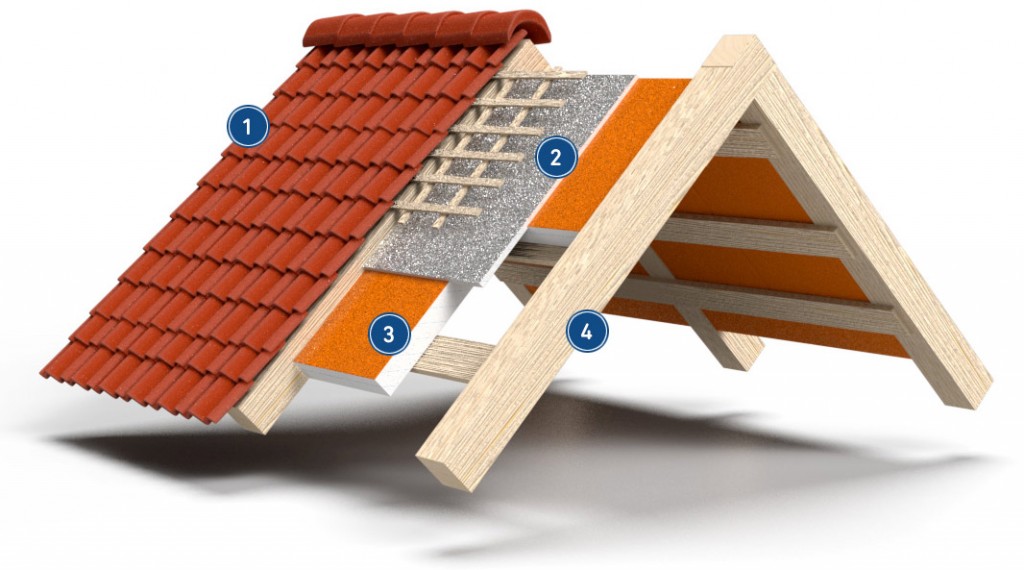
A pan-European deposit system would be a sign of true integration. And it wouldn’t even need all the countries to work, if Scandinavia, the Netherlands, Germany, and Austria could harmonize their iconography, the collected containers, and payout amount, that would already be fantastic.
Even the drinks industry should be a fan of that.